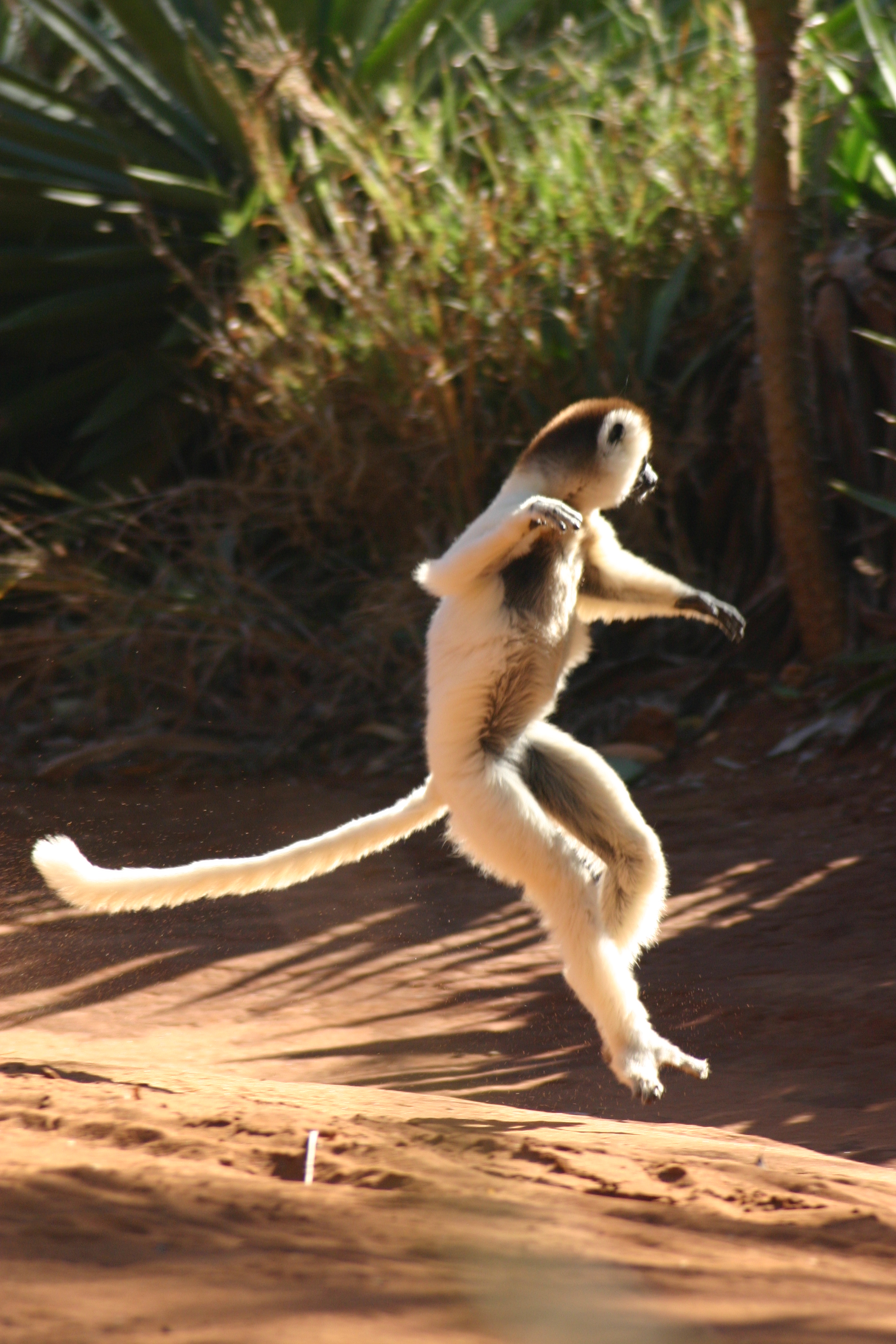The blog to end all blogs. Reviews and comments about all and everything. This blog is NOT affiliated with YouTube, Wikipedia, Microsoft Bing, Gemini, ChatGPT or any commercial vendor! Links don´t imply endorsement. Many posts and comments are ironic. The blogger is not responsible for comments made by others. The languages used are English and Swedish. Content warning: Essentially everything.
Thursday, September 6, 2018
The Real Lemuria
"Madagascar" is a mini-series co-produced by Animal Planet and the BBC. It gives us a unique peek into the flora and fauna of Madagascar, the large island-nation off the African coast. The creatures at Madagascar have evolved in isolation from the rest of the world for millions of years, and many of the species can't be found anywhere else.
The most iconic animals on the island are, of course, the lemurs. Brace yourself for a lot of those! The ring-tailed lemur is something of a generalist, and can even be found living on mountains, while other species are extremely specialized. The bamboo lemurs live almost exclusively on bamboo, which they somehow manage to digest, despite high levels of cyanide in this particular plant. The lemurs known as indris look eerily human-like as they jump from tree to tree in near-upright position. I also noted, with some childish satisfaction, that many of the lemur species look like cuddly toys!
Other more or less weird creatures featured in "Madagascar" include a fish that swims upside down, a turtle that can become almost 200 years old, beetles which use their long necks to fight, insect-devouring plants and a small lemur that acts as a pollinator of flowers. We also get to meet the world's ugliest parrot, the Greater Vasa Parrot. Looks like a vulture!
The only problem with this documentary is that it shows no humans, as if Madagascar was some kind of pristine Eden. Or is it Lemuria? In reality, the island-nation has a population of 22 million people!
That being said, I must nevertheless say that "Madagascar" is one of the more interesting and well-produced wildlife documentaries I've seen for a long time. Five stars!
Labels:
Biology,
Documentary,
Madagascar,
Nature
Subscribe to:
Post Comments (Atom)

No comments:
Post a Comment